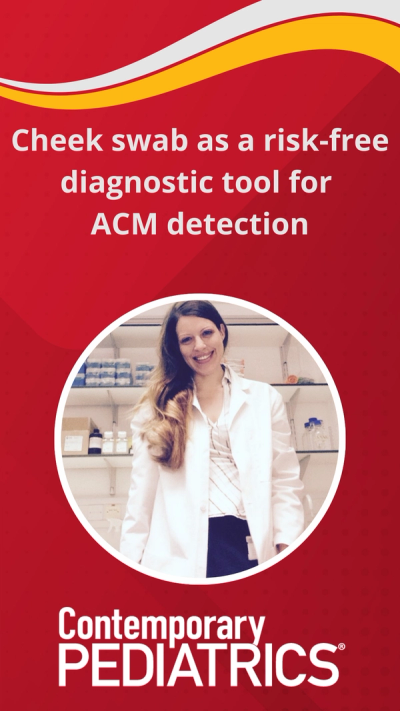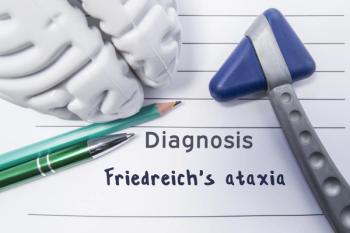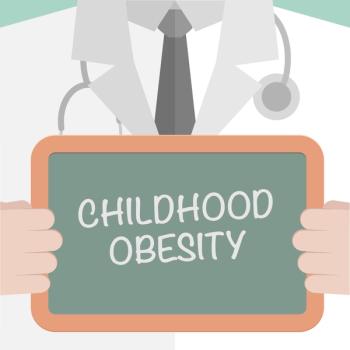
Cardiology
Latest News
Latest Videos

Shorts

CME Content
More News

Updated 2025 CPR guidelines from the AAP and AHA include revisions to pediatric and neonatal resuscitation, reflecting new evidence and a unified chain of survival.

The approval expands on the previous indication of children 5 years and older with HoFH, approved in 2023.

Try to diagnose this patient with a history of receptive-expressive speech disorder and anxiety.

Try to diagnose this patient with a history of receptive-expressive speech disorder and anxiety.

Solid Biosciences is planning a phase 1b clinical trial of SGT-501 to treat the catecholaminergic polymorphic ventricular tachycardia heart condition.

Childhood cardiovascular health is crucial for lifelong benefits, enhancing cognitive, metabolic, and mental well-being while reducing disease risks.

Prenatal PFAS exposure was linked to higher adolescent blood pressure according to a recent study.

Currently, omaveloxolone (Skyclarys) is approved to treat adults and adolescents aged 16 years and older impacted by FA.

This FDA decision will help to improve clarity and diagnostic accuracy of echocardiograms in pediatric patients, according to GE HealthCare.

In this article, we recap our top stories, expert interviews, and Q+A discussions from the 2025 Pediatric Academic Societies meeting.

Stealth BioTherapeutics' CEO stated, "We hope to gain more information on the revised action date in the coming days."

Do you know the details from the American Academy of Pediatrics' 2024 CCHD updated screening recommendations?

Submission is based on 3 clinical trials, including data from the ApproaCH Trial among children with achondroplasia.

Pediatric cancer survivors can be vulnerable to cardiovascular disease in the short- or long-term with increased recognition of cardiotoxic cancer treatments, as 5-year survival rates for children are greater than 85%.

An overview of commercially available infant cardiorespiratory monitors and pulse oximeters in the home.

Find out how you did on the quiz.

In this quiz, we test your knowledge of the AAP's new algorithm and updated recommendations for newborn screening for critical congenital heart disease.

In this quiz, we test your knowledge of the AAP's new algorithm and updated recommendations for newborn screening for critical congenital heart disease.

A review of current guidelines in treatment and thromboprophylaxis.


"The greatest risk reductions were demonstrated in those who experienced obesity remission during childhood," stated study authors.

The use of pulse oximetry screening for asymptomatic newborns at or around 24 hours of life helps identify at-risk infants.

A key update includes providing CPR with rescue breaths and chest compressions to all persons in cardiac arrest after water removal.

A study presented at the AAP 2024 National Conference & Exhibition finds Black infants are 40% more likely to die from congenital heart disease than White infants, highlighting persistent racial health disparities.

A pair of medical directors involved in the transplant clinical space provide commentary on heart and lung transplants in the pediatric population.

















